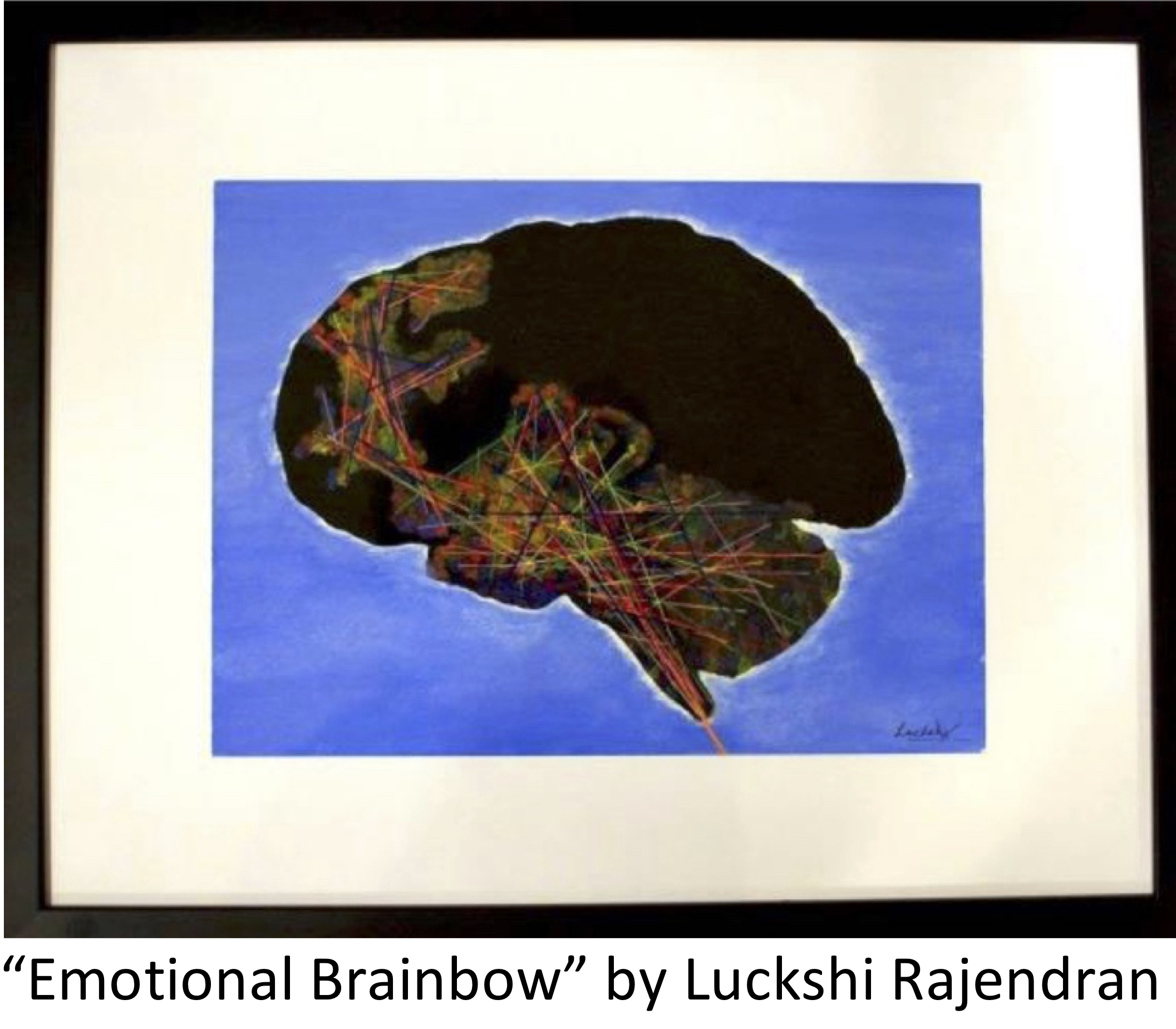It takes a community to train a future physician: social support experienced by medical students during a community-engaged longitudinal integrated clerkship
DOI :
https://doi.org/10.36834/cmej.43460Résumé
Background:Social support may be beneficial for medical students who must develop adaptive strategies to respond to the demands and challenges during third-year clerkship.We provide a detailed description of the supportive behaviours experienced by third-year students during a longitudinal integrated clerkship (LIC) in the context of rural family medicine.
Methods:Informed by a social constructivist research paradigm, we undertook a qualitative study to understand from the students’ perspectives the presence and characteristics of social support available during a LIC.Data were collected from conversational interviews at three points during the eight-month clerkship year, pre-, during, and post-clerkship, to explore how 12 medical students experienced social support. We employed an innovative methodological approach, the guided walk method, to gain the students’ stories in the contexts where they were taking place.
Results: The participants described the relationships they developed with various sources of social support such as (a) preceptors, (b) peers, (c) family, (d) health professionals, and (e) community members.
Conclusion:Various individuals representing communities of practice such as the medical profession and community members were intimately related to the longitudinal aspects of the students’ experiences. The findings lend credence to the view that it really does take a community to train a future physician.
Téléchargements
Publié
Numéro
Rubrique
Licence
La soumission d’un manuscrit original à la revue constitue une indication qu’il s’agit d’un travail original, qu’il n’a jamais été publié et qu’il n’est pas envisagé pour publication dans une autre revue. S’il est accepté, il sera publié en ligne et ne pourra l’être ailleurs sous la même forme, à des fins commerciales, dans quelque langue que ce soit, sans l’accord de l’éditeur.
La publication d’une recherche scientifique a pour but la diffusion de connaissances et, sous un régime sans but lucratif, ne profite financièrement ni à l’éditeur ni à l’auteur.
Les auteurs qui publient dans la Revue canadienne d’éducation médicale acceptent de publier leurs articles sous la licence Creative Commons Paternité - Pas d’utilisation commerciale, Pas de modification 4.0 Canada. Cette licence permet à quiconque de télécharger et de partager l’article à des fins non commerciales, à condition d’en attribuer le crédit aux auteurs. Pour plus de détails sur les droits que les auteurs accordent aux utilisateurs de leur travail, veuillez consulter le résumé de la licence et la licence complète.











